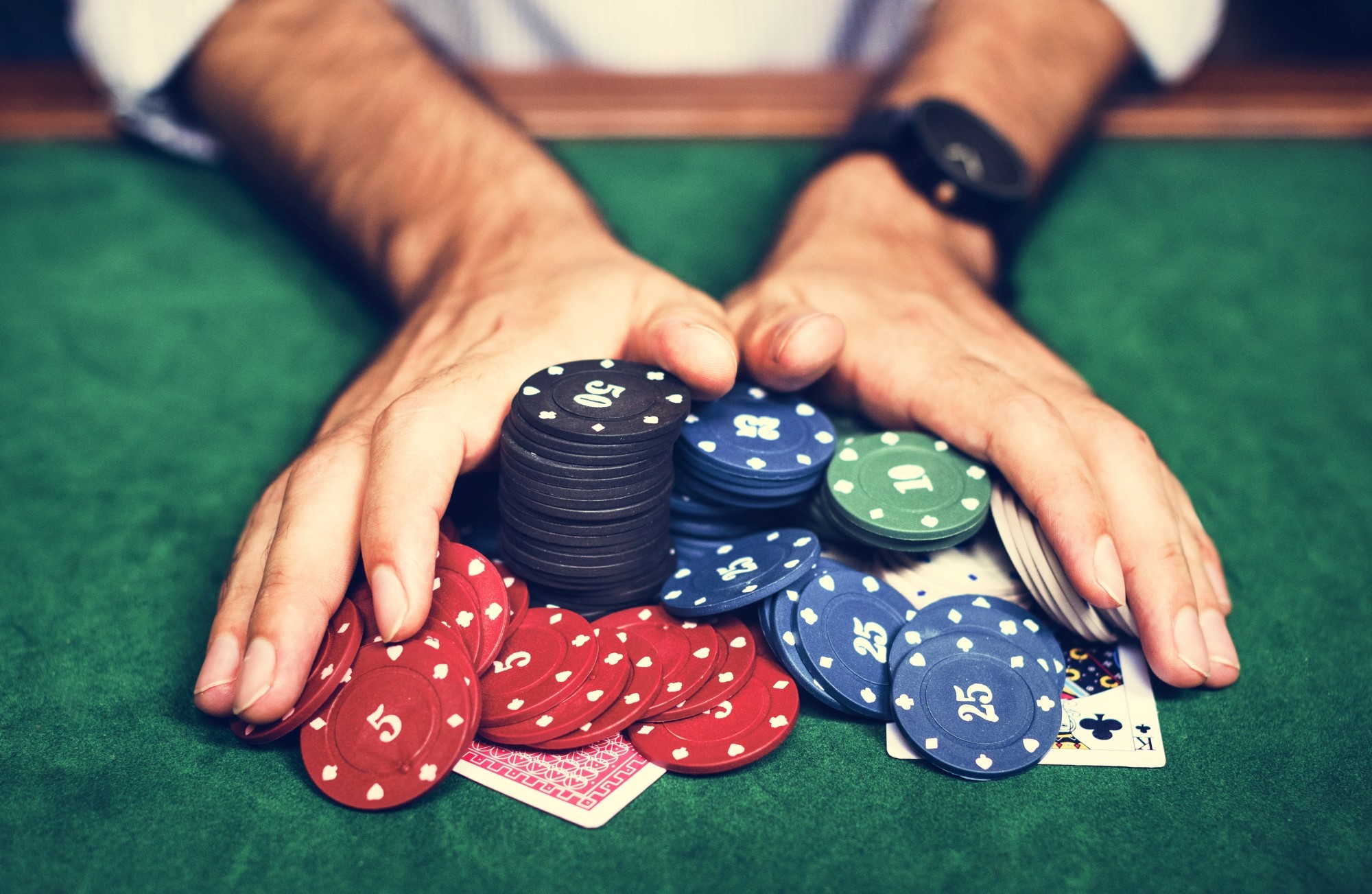When most people think of poker, they tend to think of it as a gambling game, one that relies on luck and chance to win. However, when you look at top poker tournaments, you can see that’s not the case. The same players win or rank highly in the top tournaments each year, proving that it’s not all about luck. Although it’s legally considered a game of chance in some countries, it’s clear to anyone who plays that the game requires skill, strategy, and a deep understanding of how to play.
Chance plays a key role in many games and sports, including baseball, football, and basketball. Some games feature luck more than others, but it’s a necessary element to make things unpredictable and exciting. Without luck, the best players and teams would always win, and fans would quickly become disinterested. That said, skill and talent are major factors affecting how fast a player can run or how hard they can hit the ball.
In a similar way, luck and skill are also involved in online poker. Players never know their opponent’s hand, but they can use their knowledge of the game and their skills of reading people to get a good idea. Additionally, your chances of success are affected by the hand you’re dealt, but the best players can still win with a bad hand and can succeed despite facing bad luck.
Can New Players Beat Experienced Pros?
If a game is pure chance, two players have an equal chance of beating each other, no matter how much they’ve played. As long as both players understand the rules, they can expect to win an equal number of times.
For example, imagine you flip a coin with a friend and guess whether it’s heads or tails. You’ve never flipped a coin before, but your friend has done it hundreds of times. Their experience doesn’t help them in this situation, as luck is the only thing that decides who wins. Whether you’ve flipped a coin one hundred times or one hundred million times, your chance of success doesn’t improve.
On the other hand, in a game of pure skill, the new player would have almost no chance of winning against an experienced player. For example, if you were to play a game of tennis against Novak Djokovic, it’s unlikely you would even win a single point.
With games like poker, there’s a combination of luck and skill involved. Provided they know the basic rules, this gives all players a chance of winning. That’s right, you could potentially beat an experienced pro at their own game if you were lucky. However, it’s unlikely that your luck would last, and it wouldn’t be enough to beat them over an entire game. For this reason, while it’s possible to win a hand or two against a pro, you’ll always lose over time unless you’re on their skill level.
How to Improve Your Chances of Success in Poker
Because poker is a skill-based game, this means it’s possible to get better over time. No one is born good at poker, and while there are some natural talents that make it easier, all of the best players get to the top simply because they practice and develop their skills. Just as athletes spend thousands of hours training and getting better, poker players also devote many hours a day to studying and practicing the game.
Effective poker practice should be structured and balanced in the same way that athletic training is. This means not simply playing the game but studying particular theories and strategies before applying them in practice. Just as athletes use equipment to get better, poker players can also utilize various tools. Tracking software is one of the best tools you can use to get better at poker. Many sites include tracking, which lets you view your past hands, seeing how you played and what you could do better.
It’s also important that any practice and training you take part in should focus on the areas you want to improve. If you’re primarily a live player, practicing online probably won’t be as much use to you as playing live games. You should also focus on your weaknesses, aiming to improve them over time by forcing yourself into certain situations to practice and develop your skills.
There’s no magic formula for getting better at poker, but consistency is key. You can find a lot of free information online about how to improve, and there are paid classes too. However, you choose to learn, make sure you’re consistently studying and playing what you’ve learned in practice. Playing games and getting experience is ultimately the fastest way to develop your skills and become a well-rounded player.

